We are very glad you are planning to come to Mpongwe. You may have questions so we have compiled this list to assist as you prepare for your journey.
Before you come – prepare for your visit
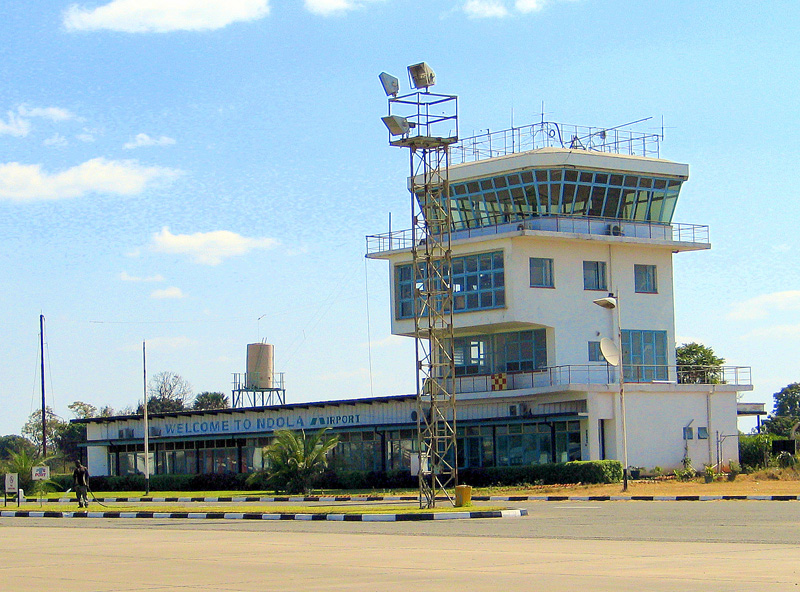 Nearest airport
Nearest airport
Ndola
Our team will gladly arrange pick up for you in Ndola. Confirm your arrival time and departure times with us.
Lusaka
There are busses from Lusaka but many people find the crowds at the bus station to be outside their comfort zone.
There will be fuel charge for ground transportation to cover milage.
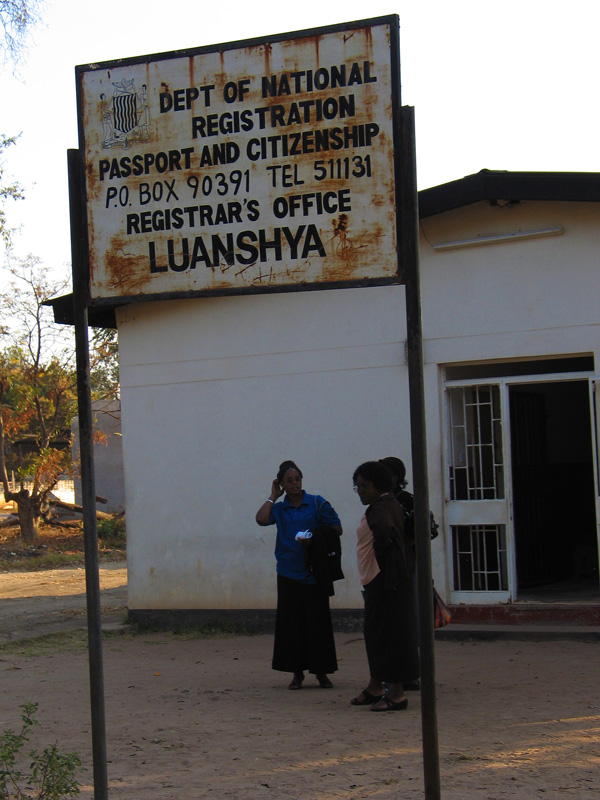 Visa
Visa
Check with your embassy about type of visa you should travel on. If you are buying your visa upon arrival bring cash (US Dollars). Previous visitors have had some hassles getting the number of days they need. Good luck! IMPORTANT Upon arrival when filling out the forms be generous about the number of days you are staying to allow for changes. They often stamp for a minimal amount of days. Check before you leave the passport desk. When you depart you could be fined if you have stayed over the allotted date. Luanshya (the nearest town about 60 km from Mpongwe) has an immigration office where you can get your passport stamped for longer visits. You will only get maximum one month stay permit at the arrival to Zambia.
Money
Visa card works at some places but not Master Card. Cash is necessary in the marketplaces. You will need to shop for food directly after arrival so plan for exchanging money. There is a cash machine in the departure lobby of the Ndola airport (takes VISA, not Mastercard). Shoprite takes Mastercard and Visa. Bring US dollars to exchange to Kwacha or withdraw Kwachas with a Visa card from an ATM when you arrive. A volunteer made the following observation: “Interestingly the Exchange rate for $50 bills and larger is MUCH more favourable than smaller notes. K4400 for larger notes and K3200 for smaller denominations. So if you bring US Dollars please remember to bring $100 or $50 bills.
Guests Houses will be booked for you upon request. Read more about rates, what they are stocked with and rules we ask guests to respect.
Clothing
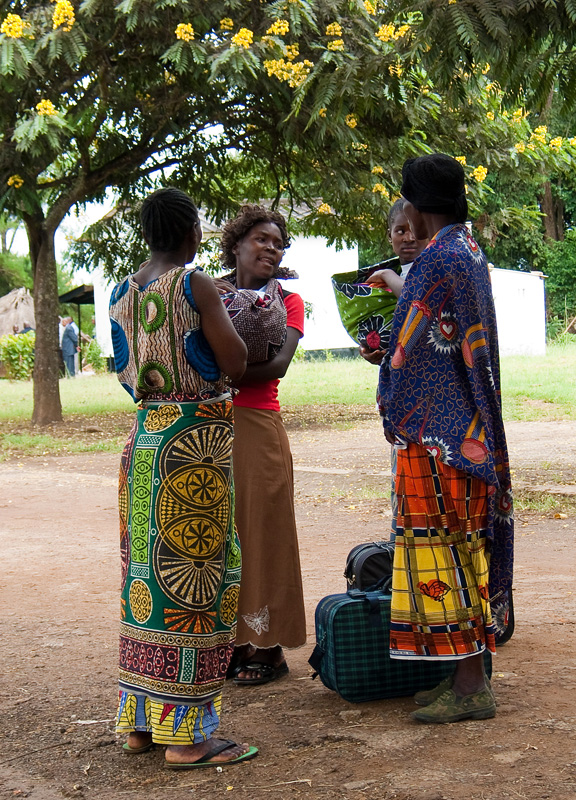
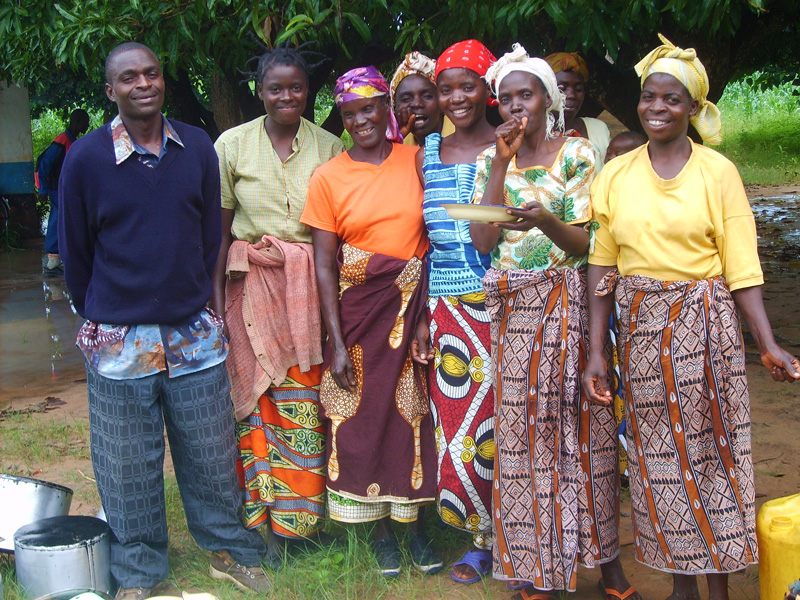 Local dress styles are different than visitors are used to. Local customs are more conservative and by respecting them you will increase your opportunity of being respected.
Local dress styles are different than visitors are used to. Local customs are more conservative and by respecting them you will increase your opportunity of being respected.
We recommend that you wear clothing that covers your knees. Ladies are advised against wearing short shorts or short skirts. Avoid wearing a revealing tank top unless you have a blouse or sweater over the top if it. In rural villages most women wear skirts not trousers. Trousers are becoming more common in the city. It is not required for visiting woman to wear skirts but consider that it may fit better culturally.
We will offer some beautiful sunshine but don’t plan on sunbathing in your swimsuit. Save sunbathing for another destination.
During winter months (June and July) it will be VERY chilling in the night and morning. The cement floor will be cold so bring slippers and a sweater. You may wish to bring clothing that covers arms and legs in the evening to protect from insects.
One option many guests choose is to wear a local wrap skirt over your trousers or to have a skirt sewn up at a local tailor. This is a great way to support local businesses.

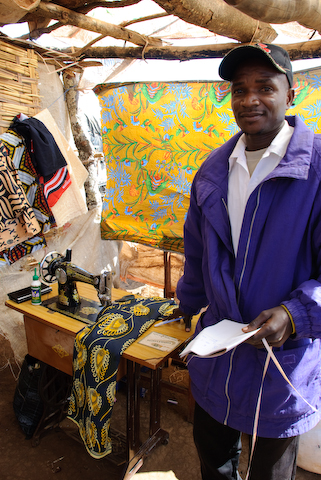
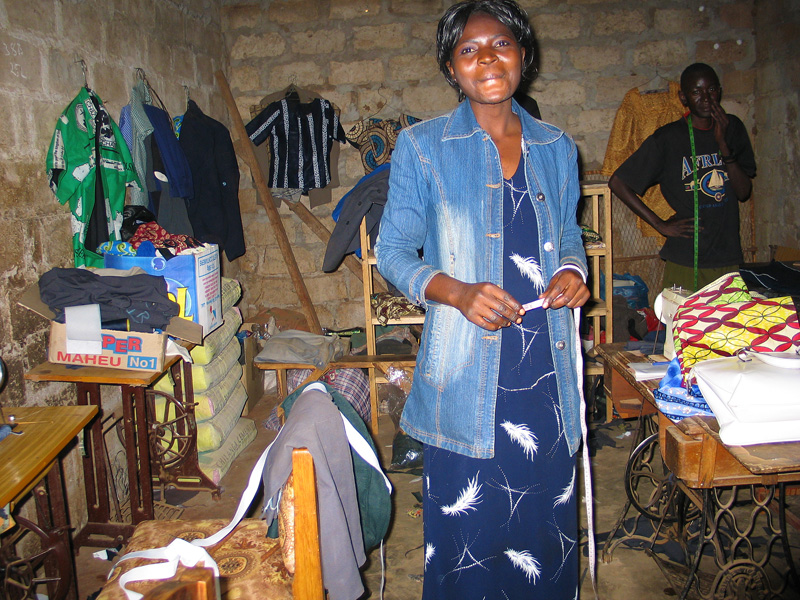
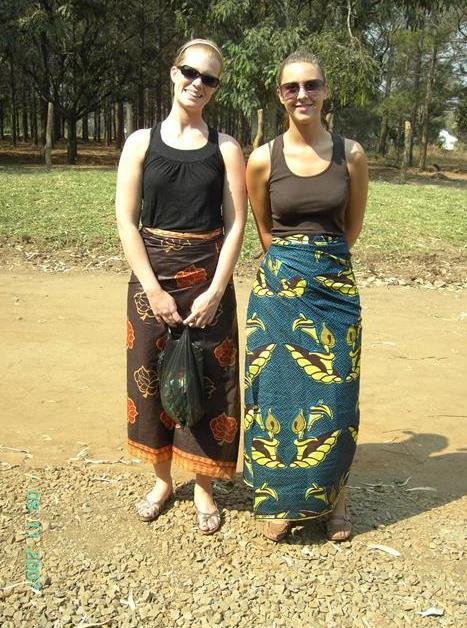

Clothing for hospital volunteers
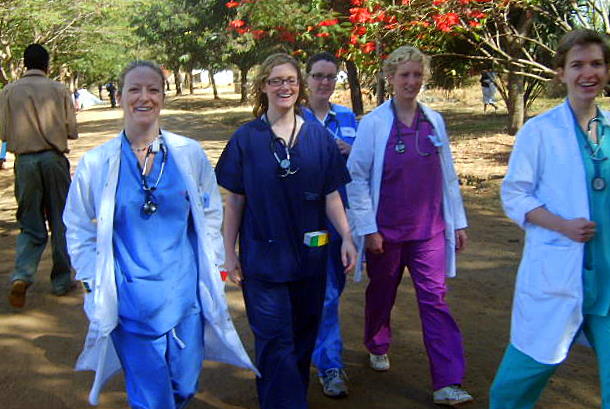
Administrative staff at the hospital dress professionally (shirt with slacks but not a tie for men, women with a skirt and blouse with sweater or suit jacket). Surgical clothing and clogs are available for the OR. If you are coming as medical/nursing staff you will note that supplies are minimal: Bring your own medical clothing (coat), stethoscope, disinfection solution for your hands, gloves, Oxfords Tropical Medicine handbook, and flashlight for checking eyes. Bring along medical supplies you would like to donate if you have access to such. Your donations will be welcome.
Electric outlets
In many of the buildings on MBA property the electrical plug format is Continental European (same as Swedish) and also Zambian (same as South African) in other buildings. Bring an adapter with multiple prongs to be on the safe side.
Power outages are regular occurrences so bring along a Flash light, wind up torch and/or a Headlamp and a supply of batteries or battery charger.
Malaria
Mpongwe is in a malaria area. Bring along your protective spray or lotion. When out in the evening wear clothing that covers your body well, utilize your bed net. Consult your local immunization office ahead of time for vaccinations. Local homes are sprayed right before the rain season but do utilize your net. Local people have built up immunity that first time visitors lack.
Seasons
Seasonal conditions influence life. What you are able to do and experience will be impacted by things like temperature, road conditions, and farming seasons. Your visit in rain season will be different than a visit in our winter.
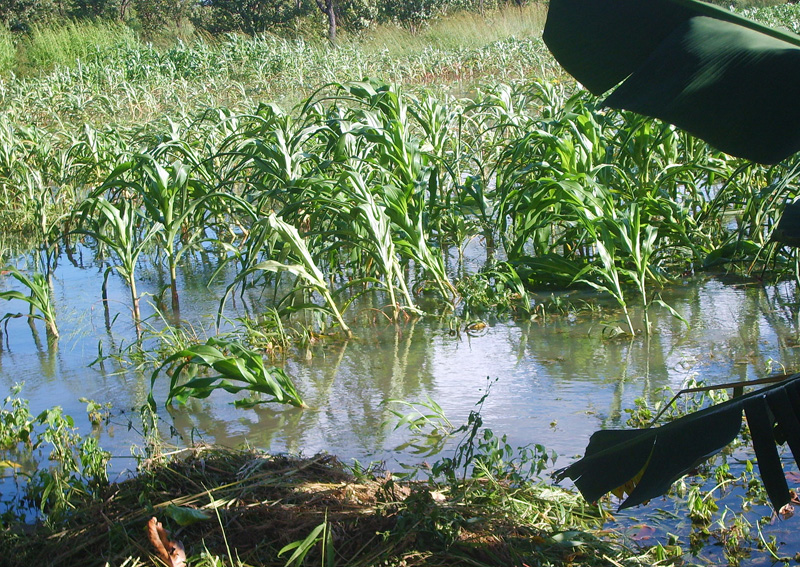

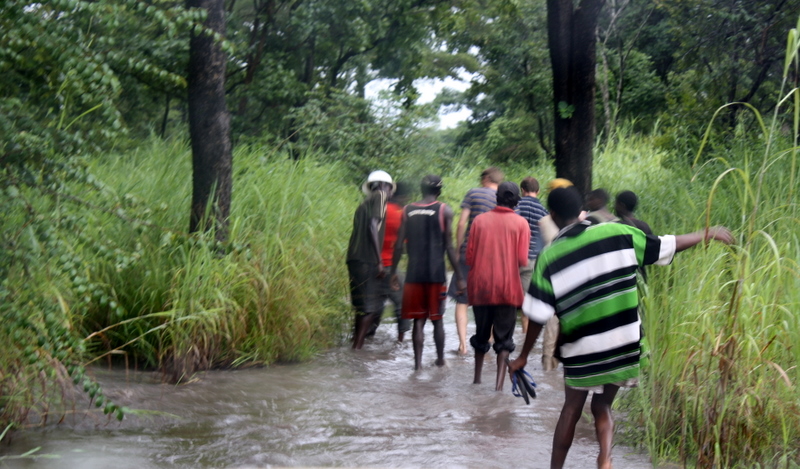
Our seasons are different than northern climates. This information from www.africaaway.com (a safari organizer) may help you:
Zambia is known for having three distinctive weather seasons.
Cool and Dry
The cool and dry season in Zambia is from May to August. The temperature varies from around 14 to 26 degrees Celsius during the day and from 10 to 25 degrees Celsius at night. The rivers and water sources tend to recede and game viewing improves steadily at this time, and many of the roads in the remote areas are only passable during this dry spell.
Hot and Dry
From September to November the second season is hot and dry. The game is quite concentrated to a few areas as the water sources are becoming very dry. If you can handle the heat, then this is a great time to come. The temperature reaches the mid 40 degrees Celsius.
Wet Season
The final weather change comes between December and April, this being known as the wet season (emerald season). The onset of the rains makes the remote areas very difficult to explore and many seasonal camps are closed. Migrating birds come to Zambia at this time of the year, which makes the wet season great for birdwatchers.
Creepy crawlies


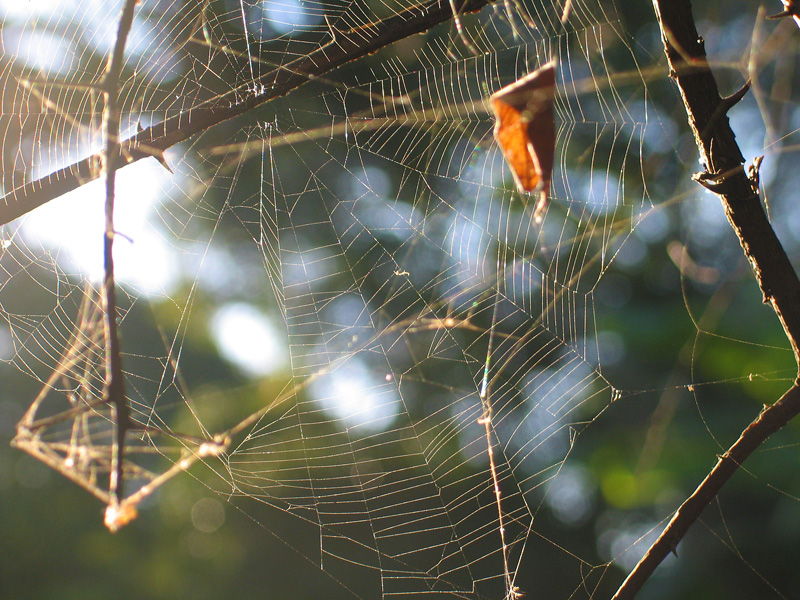

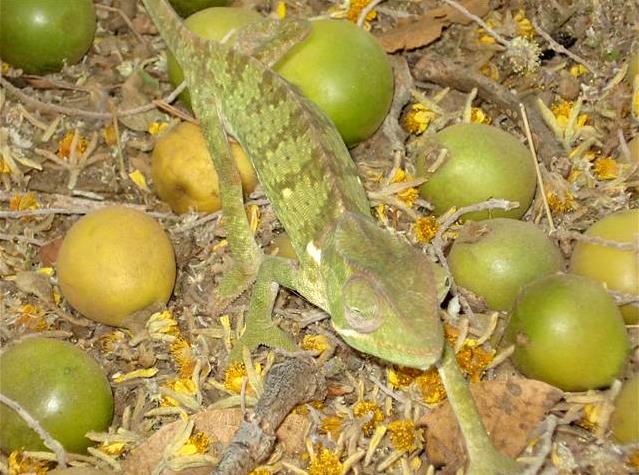
If this is your first visit to the tropics you might be interested to know that geckos and spiders are mosquito eaters. You may encounter other “visitors” that are unwanted including ants. Insect spray can be purchased locally. Let your host know if you need assistance. We get asked about whether there are poisonous snakes. Precaution should be used. One reason yards are swept from leaves is to reduce the risk of undesired animals.
If there is anything you need contact your host.
Upon Arrival
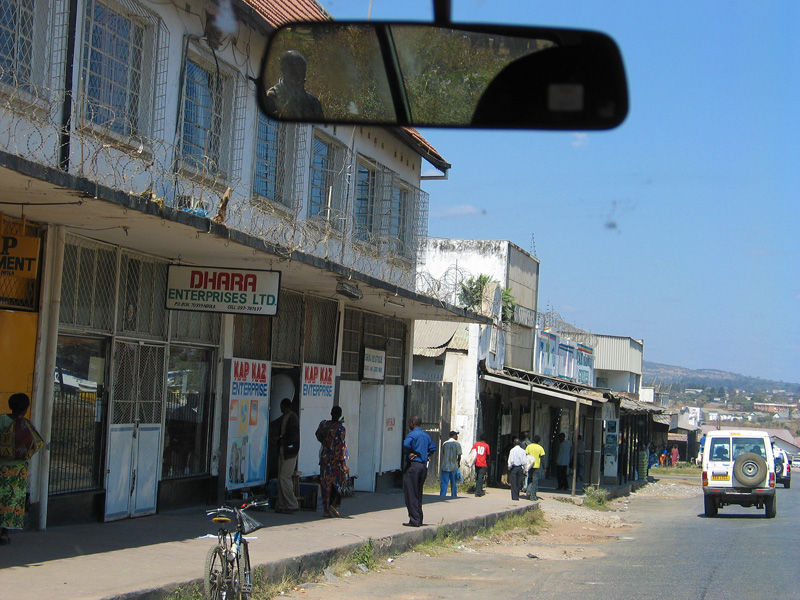
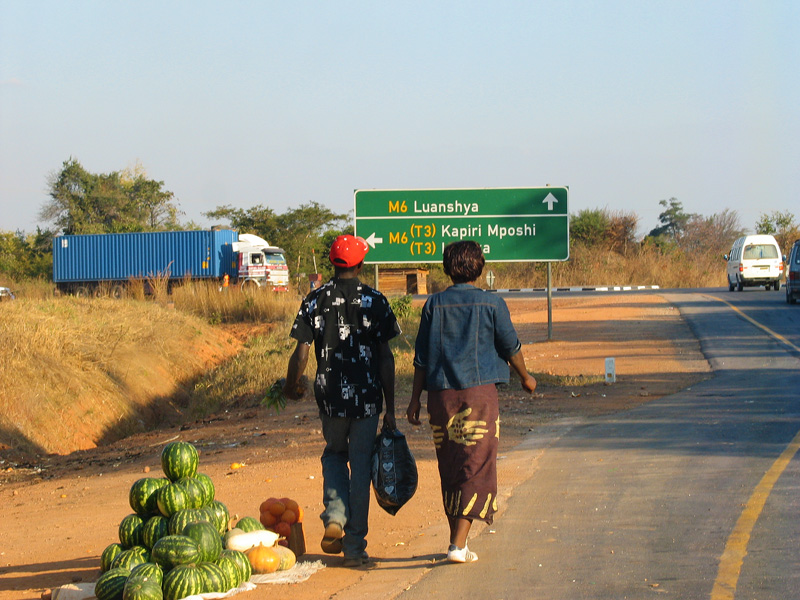
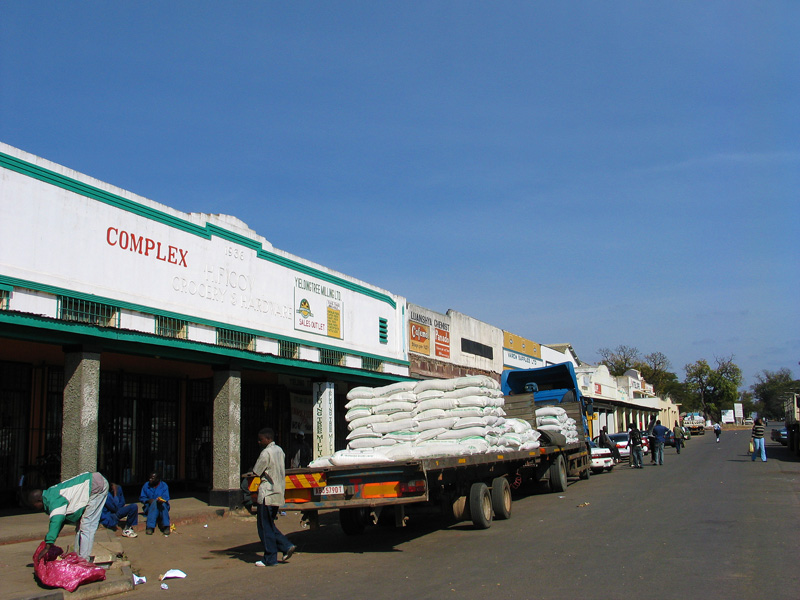
Upon arrival there are likely to be other carpoolers in the car that is picking you up. Often there will be a variety of errands that need to take place before leaving Ndola or Lusaka. You will be assisted in shopping for groceries, arranging cash and a SIM-card for your phone before leaving the city for Mpongwe.
Food and Supplies


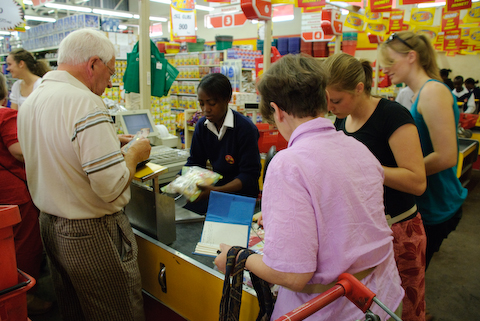
Upon arrival (directly from the airport) plan to purchase food in Ndola or Luanshya on your way to Mpongwe. Most likely your guest house will not have any food left in your cupboards. You will need to purchase paper products (toilet paper, paper towels) and possibly cleaning supplies (dish soap, hand soap).
Mpongwe Marketplace
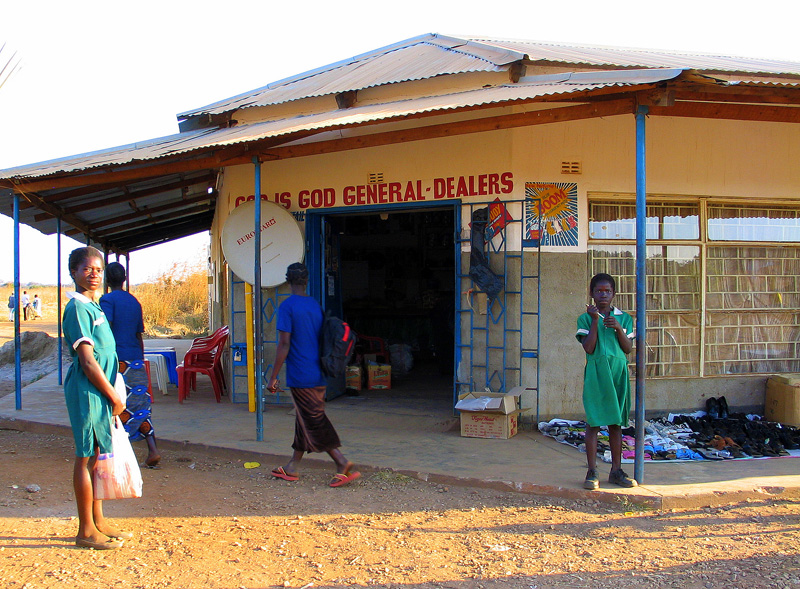

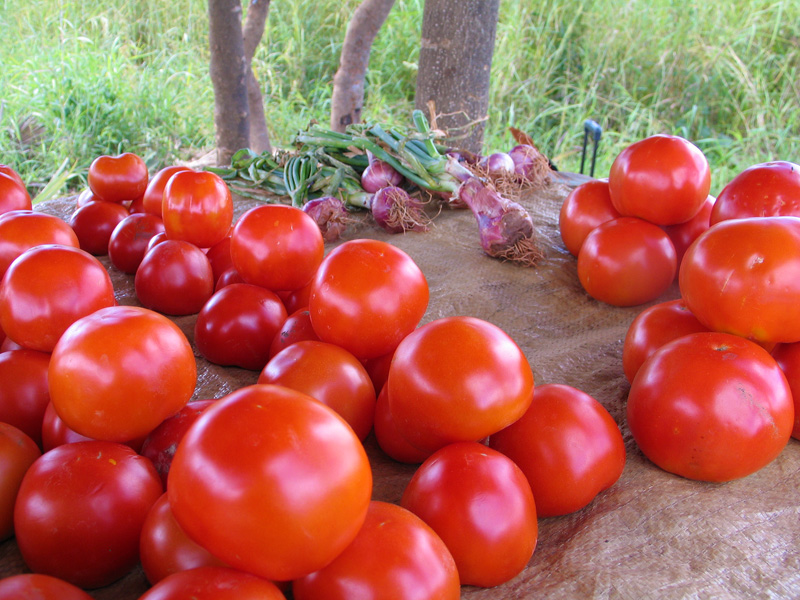
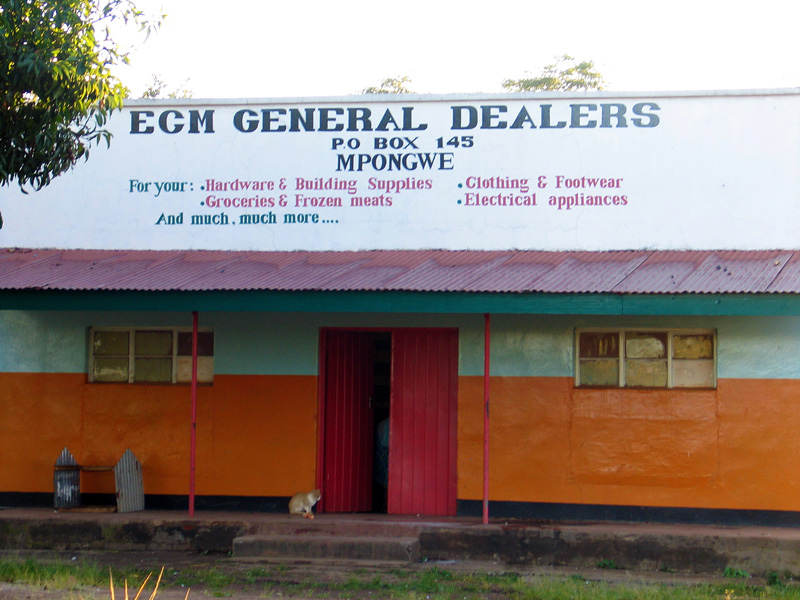
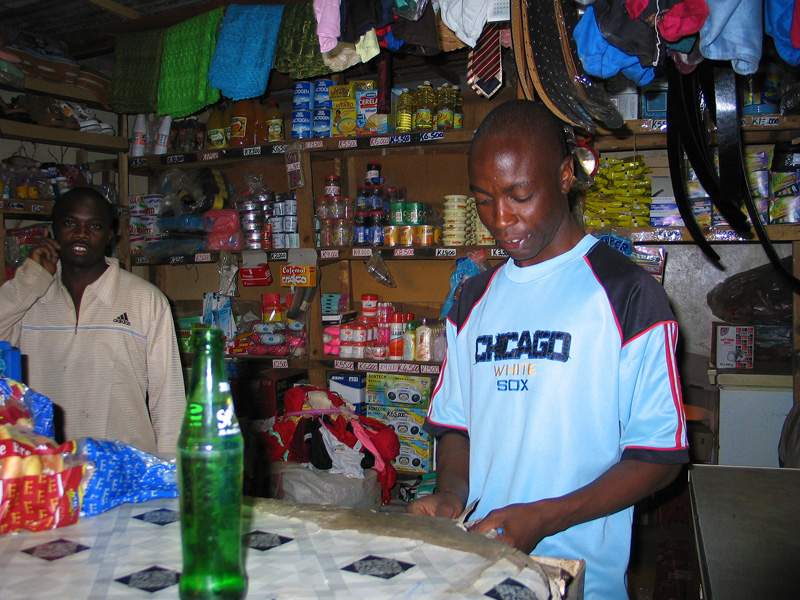


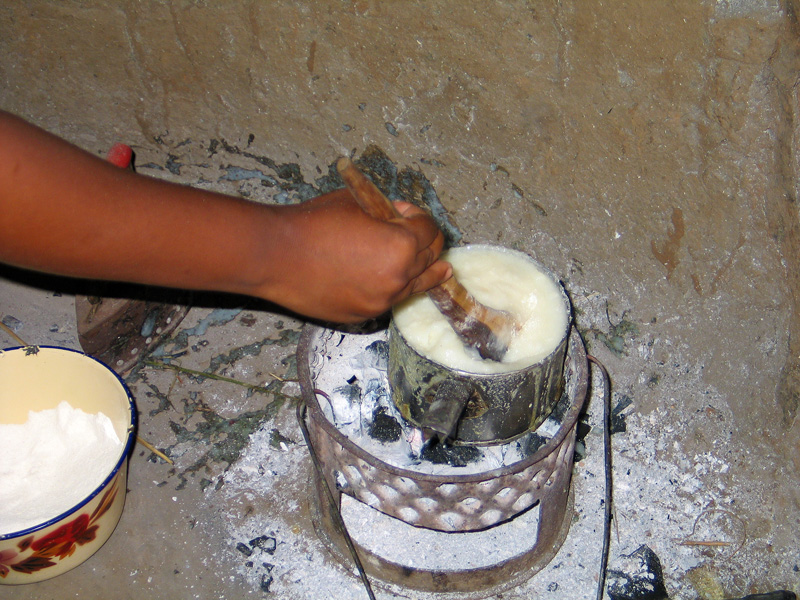
Fresh food is available in the local market but variety is very limited and unreliable depending on the season. The following are often available to meet daily needs: eggs, tomatoes, sugar, sweet potatoes, chard, cabbage, other local leafy greens, pumpkin, small white aubergines, bread (white), long-shelf life milk, vegetable oil, small bags of rice, salt and dried fish and maize for making Nshima, toilet paper and soap. Fresh milk may need to be ‘pasteurised’. We hope you till try Nshima during your visit. There is an art to making it!
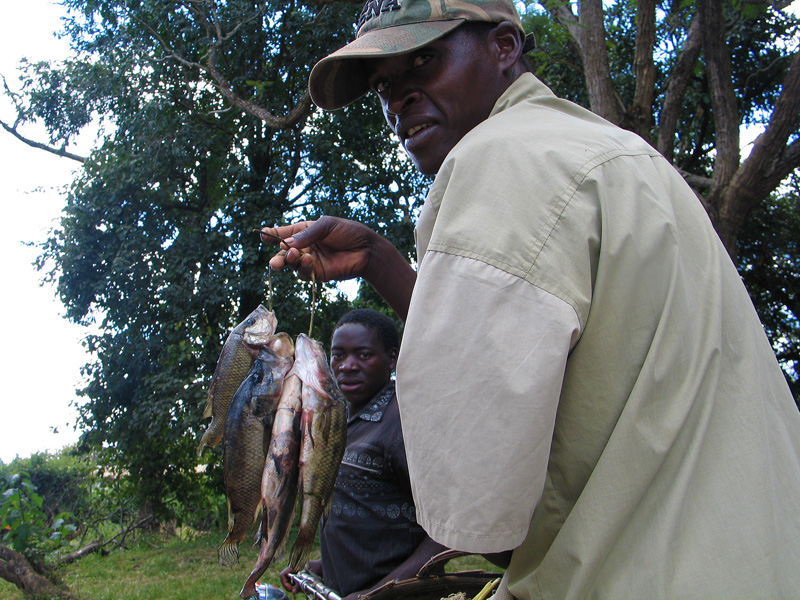
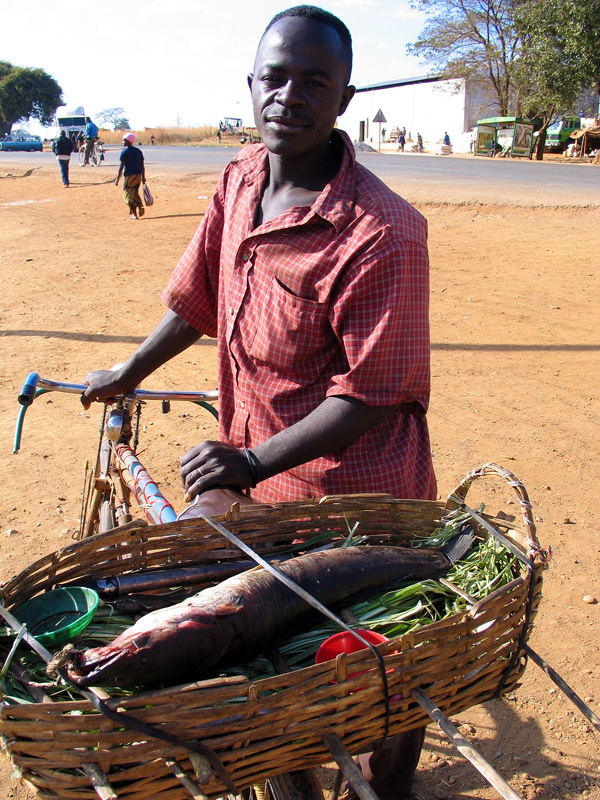
Protein: Chicken (live) can be purchased locally. Eggs are an excellent and reliable local source of protein. Fresh fish is available from a basket on the back of a bike. Groundnuts are another option.
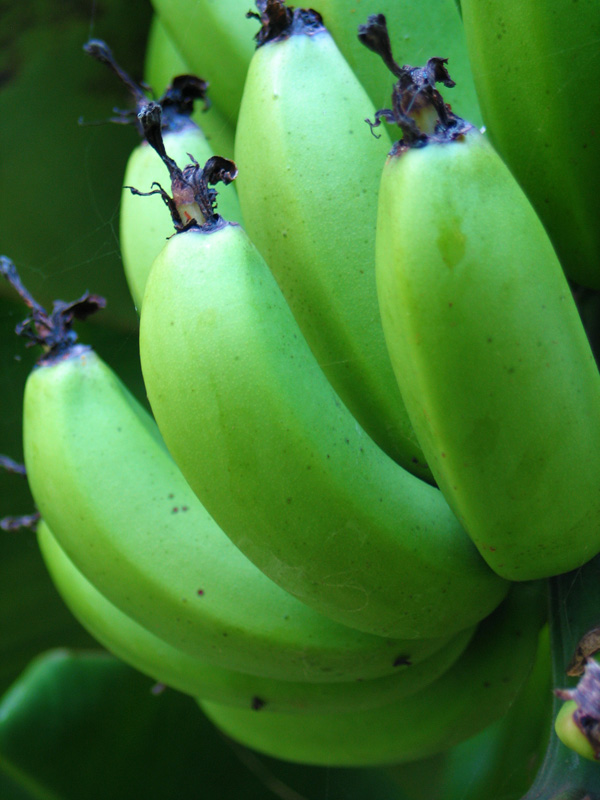
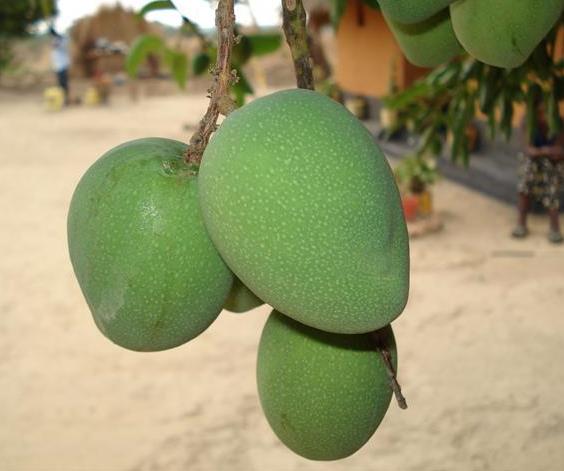
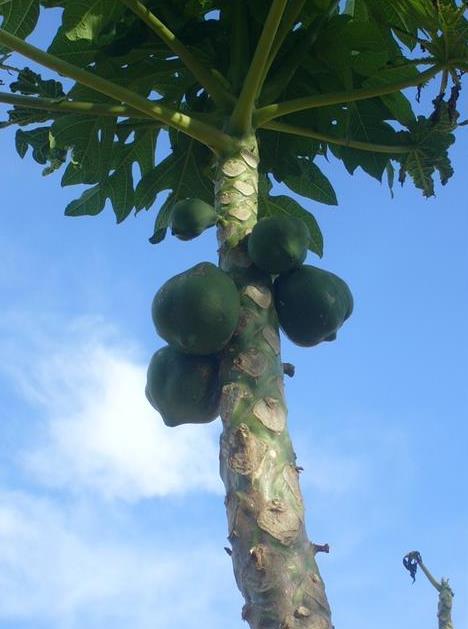

Fruit and other groceries: Depending on the time of year there may be fresh avocados, oranges, mangoes, papaya or bananas on MBA’s property. Plan on take outings to Luanshya to buy fruit, milk, cheese, yogurt, meats, pastas, sauces etc. Prices in town for meat and groceries are relatively high (similar to Northern European prices).
If you need to shop for cloths and other items in the market you may find the prices very reasonable.
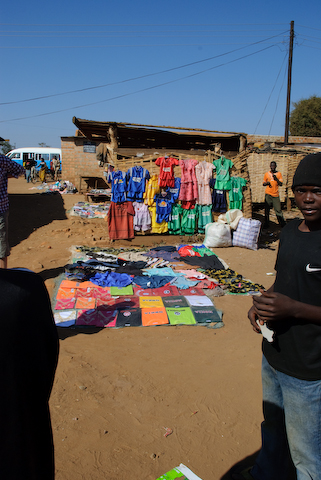
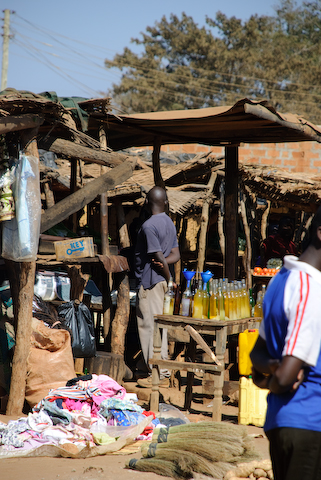
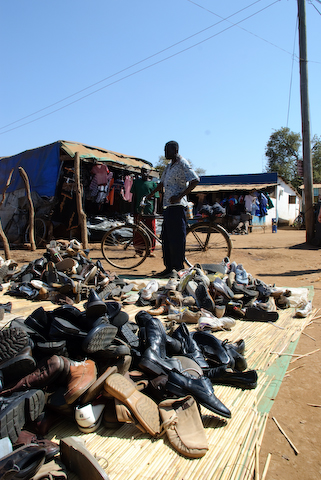
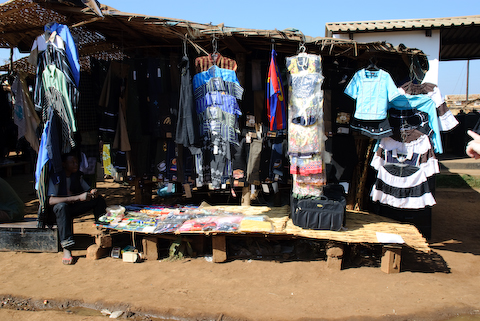
Water
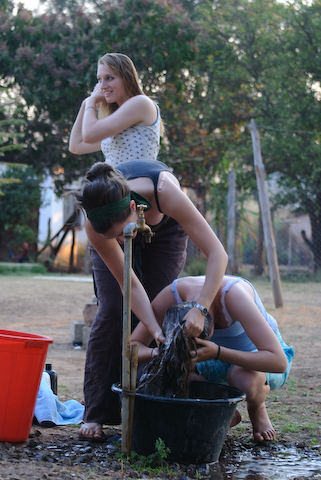
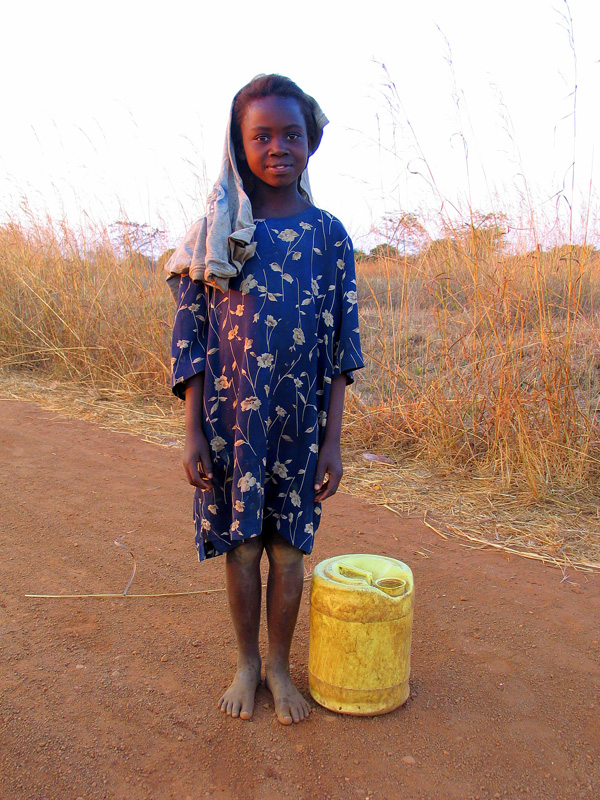



Water Availability
Guest Houses have running water but water pressure tends to be a problem. Keep a bucket filled for emergencies. Our entire water system needs to be overhauled, a project we hope will be adopted by a partner in coming years. Access to hot water is limited by electrical outages. Your access to water will be considerably better than it is for people in our community.
Water Safety
It is recommended that you sterilize all water before drinking, by boiling, filtration or other forms of sterilization. Consider sun sterilization method that retains more nutrients: This is done by filling the 2L water bottles 4/5 full, agitating to aerate and then propping up in the sun for 6-8 hours or so, so that the UV radiation can kill the bugs. It is an effective technique, low tech, non-polluting and negligible cost! The sun heats the bottles and a combination of bacteria-killing ultraviolet light and the heat sterilize it. Read more: Wikipedia on Ultraviolet germicidal irradiation
Mobile Phone Coverage
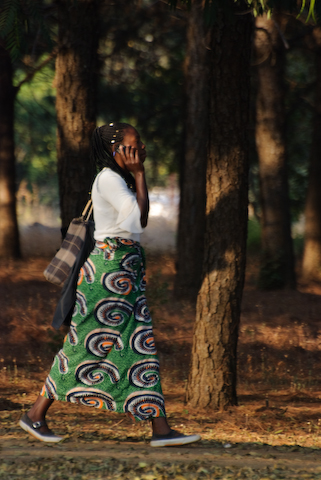
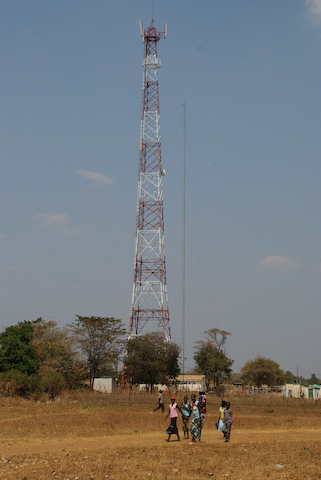

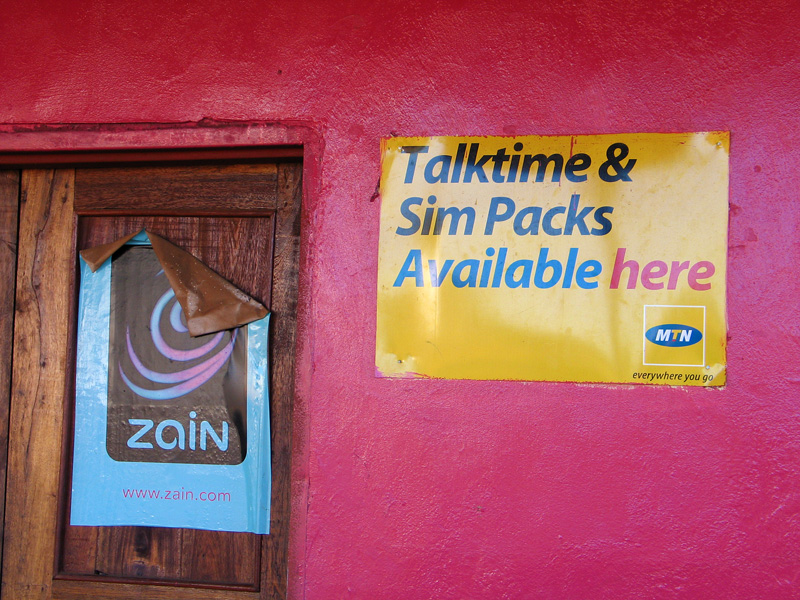
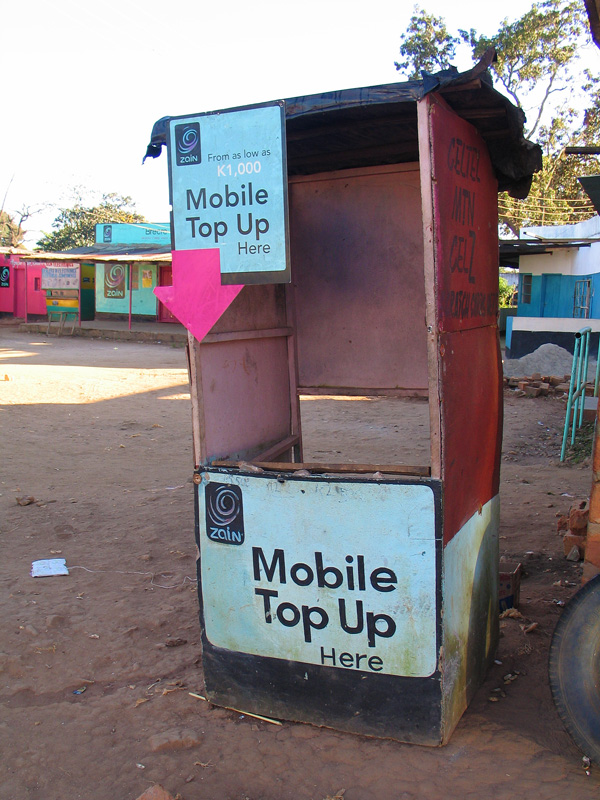
Cell Phones
Cell phone coverage is available in Mpongwe most days. There may be dropped calls and periodic unavailability but you will find a cell phone to be a good tool to have while here.
Upon arrival buy a phone account from ZAIN, MTN or CelZ. This will allow you to call cheaper locally and internationally. “Top up cards” to add time to the card can be purchased everywhere.
Some visitors have struggled to get their phones working with local sim-cards because their phones are locked to a particular provider. You can have your phone “unlocked” by a local business provider, probably at a rate much cheaper than you would pay at home.
If you want to be reached on your regular cell phone number also bring an extra phone along (1 for your local sim-card and 1 for your international). At the end of your stay consider donating your extra phone. It can become a powerful tool of communication for a local pastor, farmer or an income generation tool for a local business person.
Internet
Internet is available at the MBA office where it was recently set up, and also at an internet café a short walk away in Mpongwe and at internet café in Luanshya. The fee for using MBA’s internet connection is K100.000 per month.
Restrictions on internet
Our internet connection is via satellite at rates exceedingly higher than what broadband rates are in northern countries. ($xx or xxSKr /Month!) Internet availability is prioritized for MBA/MMH related business. We make the connection available to volunteers so that they can stay connected with family while visiting. Since we have a download limit of 1 GB per month use is restricted to e-mail, Skype and relevant web sites. If you have a laptop computer along you can log onto a wireless network to access the satellite. Before using it automatic downloads have to be turned off (software updates). You are asked to use webmail or set your email to not download large attachments. The following are examples of what is not allowed: Downloads of large files (> 1MB), ftp or torrents, Avoid uploading/downloading heavy files (photos, videos) until you get home or visit an outside internet cafe.
Keep your expectations about Internet access low, or very low. Heavy rain, electrical outage or any number of other glitches can cause limitations. Here are previous volunteers’ observations about internet:
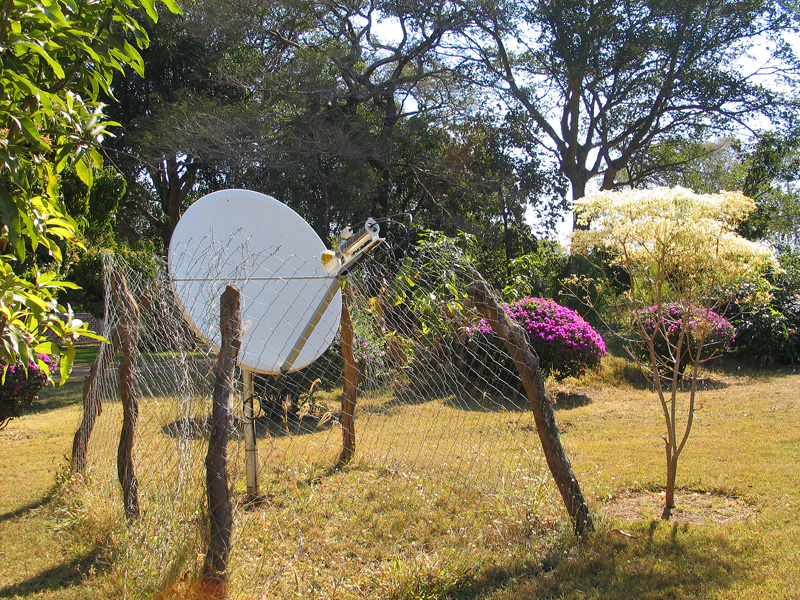 “Our Internet access is courtesy of the Wijks’ Wifi and transmitted via a satellite dish in their garden. Not the compact variety such as the Sky Plus dish from home. Oh, no. This one appears to be Russian Army Surplus, left over from the Cold War. (Going deeply IT technical here) Despite paying about £100 a month for the service from Coppernet, the speed is barely that of dial-up and often there is no signal at all. I managed to achieve 4.5Kb/sec at a peak, mostly around 1.7-2.4. Urban said he had managed to average 8Kb/sec last month. On a good day the Wijks can Skype with friends and family at home in Sweden. On a bad day, smoke signals or tom-toms would be quicker. Thus large files like uncompressed pictures can take up to an hour to download. Web-pages with heavy ad content take an age, again something that we don’t appreciate with Broadband.”
“Our Internet access is courtesy of the Wijks’ Wifi and transmitted via a satellite dish in their garden. Not the compact variety such as the Sky Plus dish from home. Oh, no. This one appears to be Russian Army Surplus, left over from the Cold War. (Going deeply IT technical here) Despite paying about £100 a month for the service from Coppernet, the speed is barely that of dial-up and often there is no signal at all. I managed to achieve 4.5Kb/sec at a peak, mostly around 1.7-2.4. Urban said he had managed to average 8Kb/sec last month. On a good day the Wijks can Skype with friends and family at home in Sweden. On a bad day, smoke signals or tom-toms would be quicker. Thus large files like uncompressed pictures can take up to an hour to download. Web-pages with heavy ad content take an age, again something that we don’t appreciate with Broadband.”
Another volunteer recommends: – Use “Thunderbird Portable” on a USB-stick, allowing you to write on you laptop while offline, then using it to send later. If you will need to print documents consider bring a light printer and your own supply of paper.
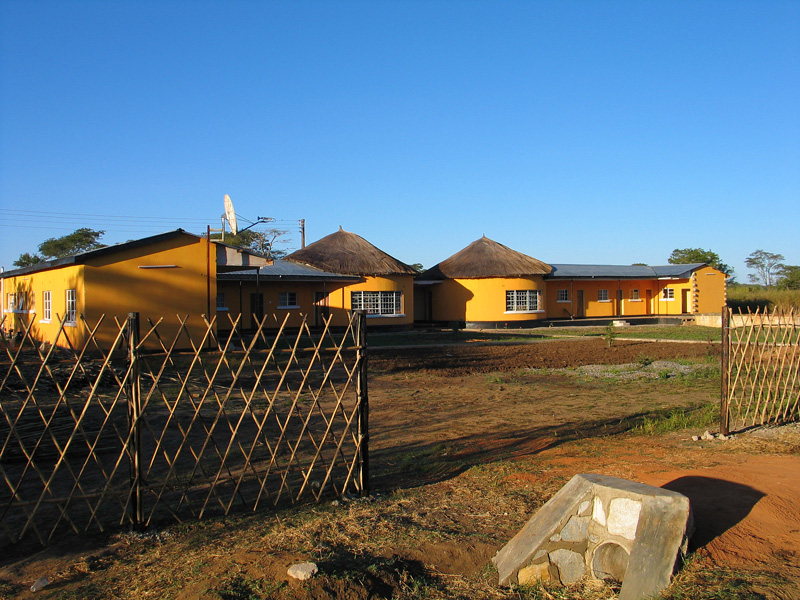 The Internet cafe at the Dutch guest house a short walk away uses Linux Ubuntu so if you want to run Windows programs from a USB-stick you may run into problems.
The Internet cafe at the Dutch guest house a short walk away uses Linux Ubuntu so if you want to run Windows programs from a USB-stick you may run into problems.
GCMF internet cafe a short walk away is open M-F 8-17.00, Saturday 08 – 13.00
Cultural Differences
There are of course many cultural differences that you will experience. The response you get in conversations may be different than you would expect based on other cultures. When you ask somebody their opinion the way you ask the question will influence the answer. Our most experienced volunteer gives this advice:
The truth is round and flexible, not hard and square. When you phrase your questions note that answers may be adjusted to what the person thinks you want to hear. For example: If you ask “How long have you been sick?” You may get an answer “2 days” although they have been ill for months. If you instead phrase it “I see that you don’t feel well. Have you been sick 2 years or 6 months?” the patient may answer closer to the truth. Phrase your questions carefully and you will increase the success of your conversation.
Jubilee Center, a ministry in Ndola has prepared information about culture you might find helpful: jubileecentre.org/support/visit/visitorinfo/.
Greeting phrases
The culture of greeting is important in Zambian culture. We hope you will learn our greetings phrases and hand shakes! You will use them often.
Mutende Mwane (Peace)
Muli syani? (How are you?) Answer: Bwino (well) Panini (so-so, not so fine), Eye Mwane (peace be with you)
Na to ta – thank you
FURTHER PREPARATION
MINDSET Preparations
READING Suggestions
DONATIONS Suggested items to pack
Travel Journals from previous visitors
Current Situation in Our Community
Facts about Zambia
OTHER SOURCES
If this is your first time to Zambia current reports are available on many international aid agencies’ and embassies’ websites.
World Vision info on Zambia
Country Profile from US CIA Fact book
Country profile from UK Foreign and Commonwealth Office
UK in Zambia FOC ukinzambia.fco.gov.uk/en/
Embassy of Sweden, Lusaka http://www.swedenabroad.com/Start____11682.aspx
American Embassy, Lusaka zambia.usembassy.gov/
US State Department Traveler’s information travel.state.gov/